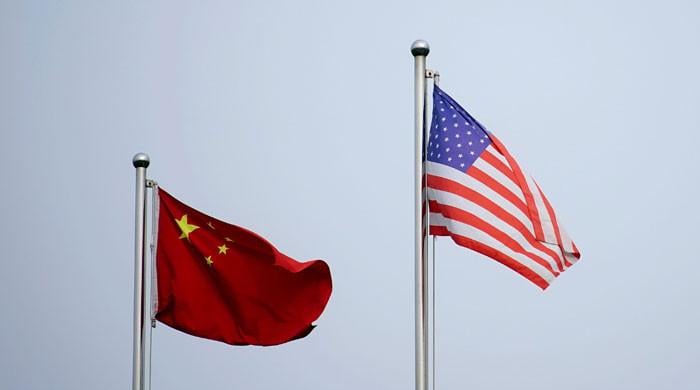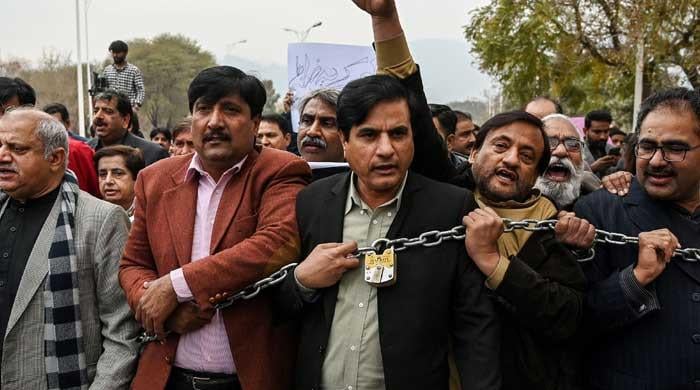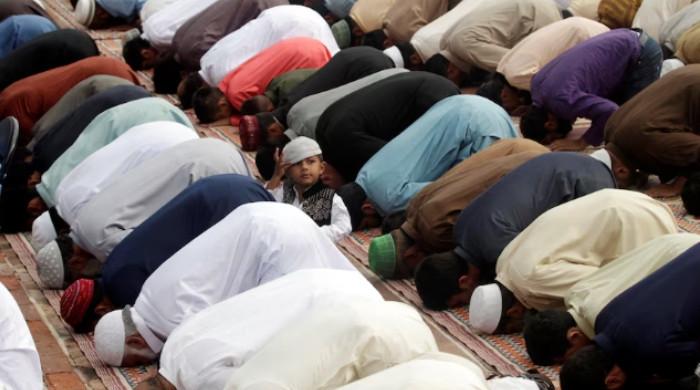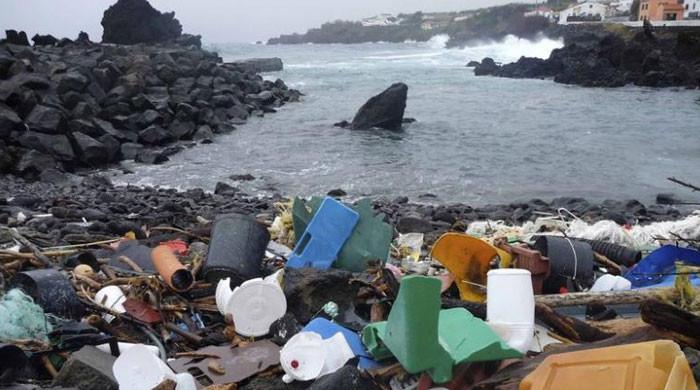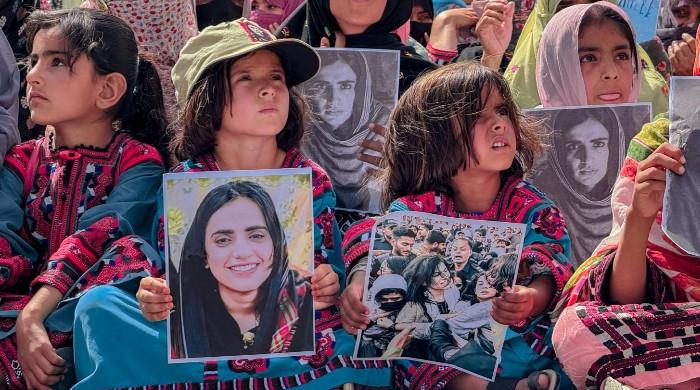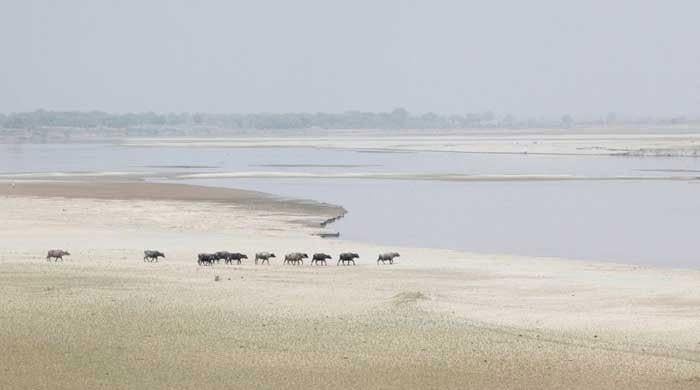The Khalistan Movement: One to watch
On October 31, voting was held for the Khalistan Referendum, which asked: Should Indian-governed Punjab be an independent country?
January 10, 2022
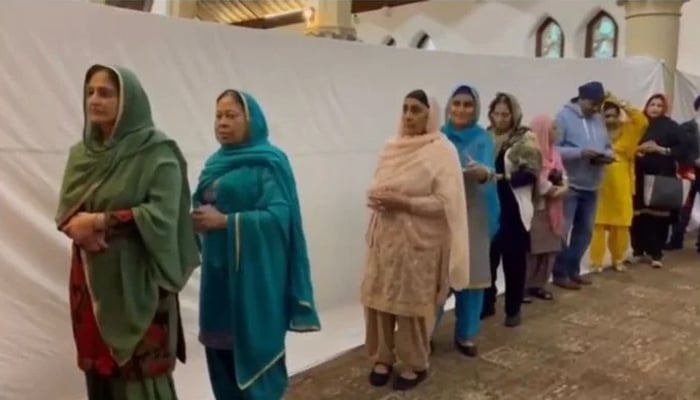
On October 31, voting was held for the Khalistan Referendum, which asked: “Should Indian-governed Punjab be an independent country?”
Held at the Queen Elizabeth II Centre in London, voting occurred between 9am and 7pm The referendum had been organised by the Sikhs for Justice (SFJ), which is based in the US, and the voting was monitored by the Punjab Referendum Commission.
The results are yet to be announced.
The Punjab Referendum Commission describes itself on its website as a “panel of independent and non-aligned direct democracy experts whose mission is to monitor and tabulate the voting in the non-governmental Punjab Independence Referendum.” The Commission members have a range of practical and academic expertise on referendums and democracy.
After the voting took place, it was consequently reported in The Hindustan Times that India, especially its national security advisor, strongly criticised the United Kingdom for allowing this referendum to take place. The SFJ has been banned in India since 2019, under the Unlawful Activities (Prevention) Act, a law for which the United Nations has suggested reforms to ensure it meets international standards on human rights in the wake of the detention of the human rights activist, Khurram Parvez.
It has been alleged that members of the SFJ have furthered their secessionist cause through the Kartarpur Corridor initiative and by fueling the protests of farmers across Punjab.
Back in 2018, the SFJ made the ‘London Declaration,’ which had called for a referendum to be held in 2020. The U.K. had refused calls from India to ban that event, defending the right of people to gather and share their views as long as such gatherings do not encourage hate crimes.
The SFJ has also demanded justice from the Indian government for the “84’ Sikh Genocide.”
There were pogroms against Sikhs in 1984 in retaliation to the assassination of then-Prime Minister, Indira Gandhi, by two of her bodyguards who were Sikhs. This occurred after she had ordered an assault on the Darbar Sahib, inside of which militants were based. Human Rights Watch found that “thousands were killed, most of them civilians” during this assault.
Thousands more Sikhs were then also killed in quick succession during the 1984 Sikh Genocide. While this event has often been called the 1984 “Anti-Sikh Riots,” the attacks themselves were described as being “made in a systematic manner” by the 2005 Nanavati Commission. It found that Sikh men were being beaten and then burnt, sometimes with tyres around their necks. Sikh shops were also looted and burnt down.
It has been claimed by a number of quarters that the ruling party, the Indian National Congress, had been complicit in these genocidal killings. According to Human Rights Watch and Physicians for Human Rights, the “connivance of local officials in the massacres and the failure of the authorities to prosecute the killers alienated many ordinary Sikhs who had not previously supported the separatist cause.”
Thus, while the Khalistan movement pre-dates the 1984 genocide, the attacks helped it to gain momentum.
The fact that the perpetrators have not been brought to justice has likely contributed to the spirit of the ongoing Khalistan movement, as some have expressed feeling unsafe within India to this day. This is a natural feeling that a persecuted group has when their oppressors have historically acted with impunity. This has been exacerbated by the farmers’ protests of 2020 to 2021, where there were mass protests over the proposed introduction of new farm acts which led to fatalities.
While the results of the referendum held in the U.K. are not known to the public yet, it will be important to follow the movement’s development to better understand elements of India’s Sikh diasporas and their perceptions.
The movement now has roots not just in the UK, but also in the US, Canada and Switzerland, where there are also hopes to hold similar referendums. While these are non-binding, they are a means to gauge the support that the movement has within India’s European and North American diasporas.
The writer is a researcher and is currently undertaking a PhD. She tweets @MaryFloraHunter.






